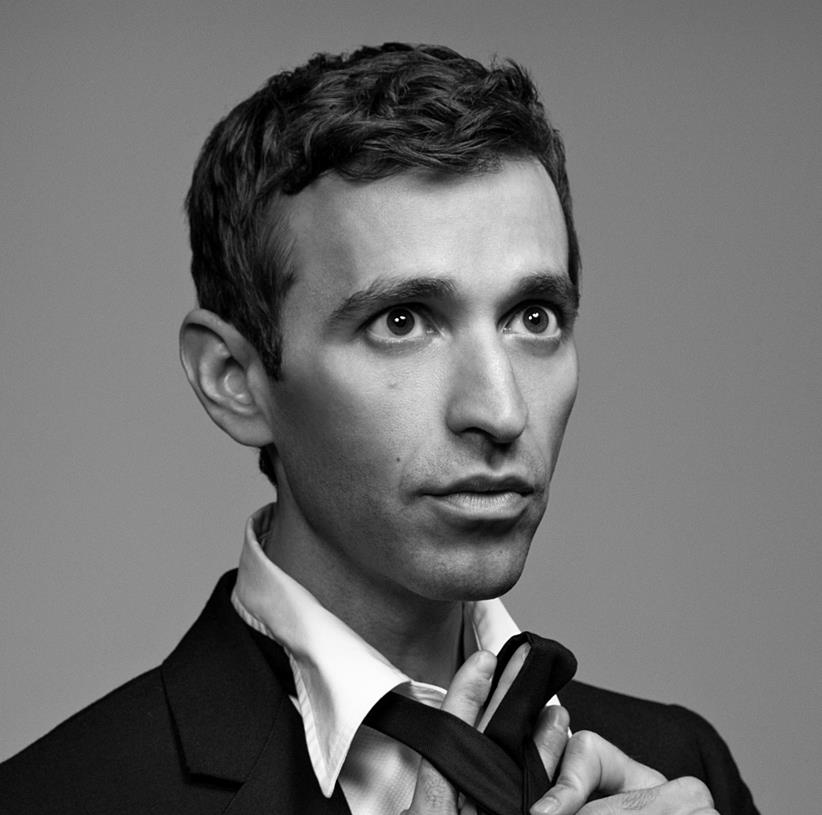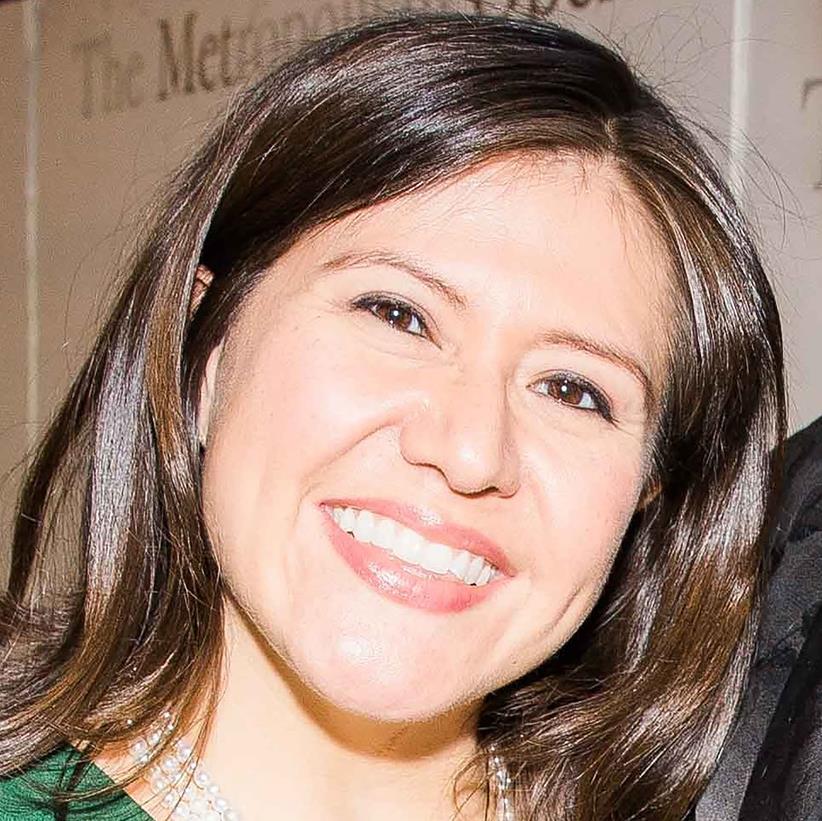Focus on the Future: Artists and Their Careers

Anthony Roth Costanzo
Countertenor
The arts in this country have been built with a certain model for the ways we program, fundraise, market, and go about education. The past 20 years have chipped away at this a bit. Baroque and contemporary music are now a part of the firmament, and we’ve been moving toward innovative productions and smaller venues, but we still cling to the core. Now that the COVID-19 crisis has changed so much that we’ve been holding on to, it’s imperative for artists as we rebuild to be a voice for risk and innovation.
In the past, it was the job of other people to market what we do and to create community. Now more than ever, it’s our job, as well. The artists must do the job of many. We have to maintain our singing, of course, but by nature, most of us aren’t performing every day — we aren’t on Broadway. Thinking about the future of our art form should be a daily exercise. How can we articulate our voice in different ways — ways that resonate throughout our industry and through different populations? We should always be generating ideas: for a community project, a performance, an engagement strategy. The more we make ourselves valuable to our institutions, the more we can accomplish.
I’m not saying that entrepreneurship compensates for a lack of musical talent or skill. If you’re a tenor who sings “Che gelida manina,” you must learn to sing it well; it’s imperative to carry the tradition forward. But if the only story you have to tell is that you’re good at singing it, who is going to care? Only people who know it already. “I sing this better than any of my classmates” is not a good story for a newspaper.
I see a lot more collaboration; a lot less siloing. When I was in college, few of my classmates knew anything about opera, but they went to museums. When I was in grad school, my classmates knew everything about opera, but hadn’t been to MoMA. Those undergrads are our audience. We have to connect to the things they connect to. The more that we help opera become part of the zeitgeist, the easier it will become to fund it and market it. And the more people will come.

Melissa Wegner
Executive Director, Metropolitan Opera National Council Auditions
We have to look at the future through the lens of where we are now, in the middle of the COVID-19 crisis. We need to pay attention to what this moment is teaching us. If you’re a performing artist, you need to ask yourself, “What do I really want for myself and my art?”
There’s going to be a contraction and more competition among emerging artists for fewer slots in the professional world. The road to a career has always been a tough one, but now singers have to face the question of “What’s going to happen?” in a different, more immediate way. Singers will be pursuing complementary careers while they’re also creating a space in their lives for singing. We need to respect this not as a splintering of focus, but as a necessary way to keep the arts alive.
The upside of this is we can really think outside of the box now — because there is no more box. We have to address the issues of equity, diversity, and inclusion, and expand access to the arts for participants and audiences. We need to hold arts organizations immediately accountable for their actions by asking for their strategic plans regarding EDI: their timelines for implementation and the data they plan to use to track progress. Over this time of deep reflection, our industry must also become more focused and purposeful in creating art. We must listen to diverse voices and promote their stories, as well as create more space for BIPOC leaders in every aspect of our field.
Opera and its artists are strong, resilient, creative forces to be reckoned with. We have survived and thrived when faced with obstacles in the past, and this will be no exception. We’ve all been reminded just how much human beings need connection. Singing changes the energy in a room in a visceral way, and we cannot take that for granted. I hope we can reclaim some of the magic that has gotten lost in our fast-paced world. As we move out of the crisis, something as simple as two people singing a duet in a room together will help create that connection. And the Rigoletto quartet — how special will that be?
This article was published in the Summer 2020 issue of Opera America Magazine.




